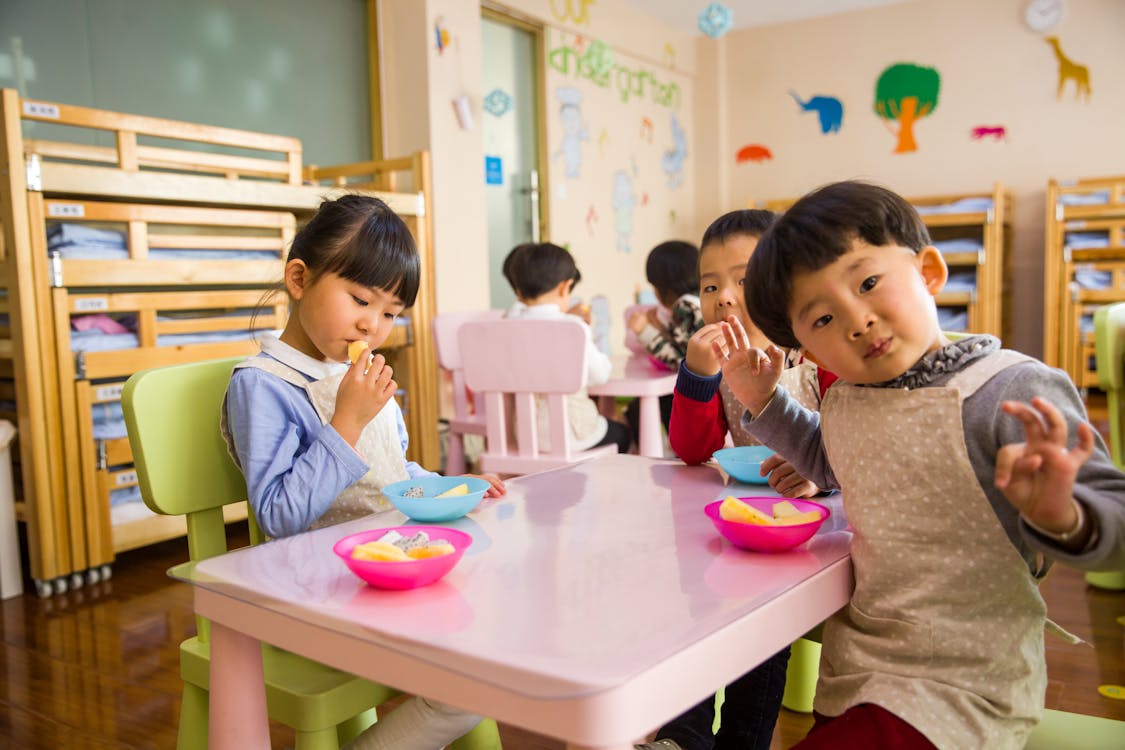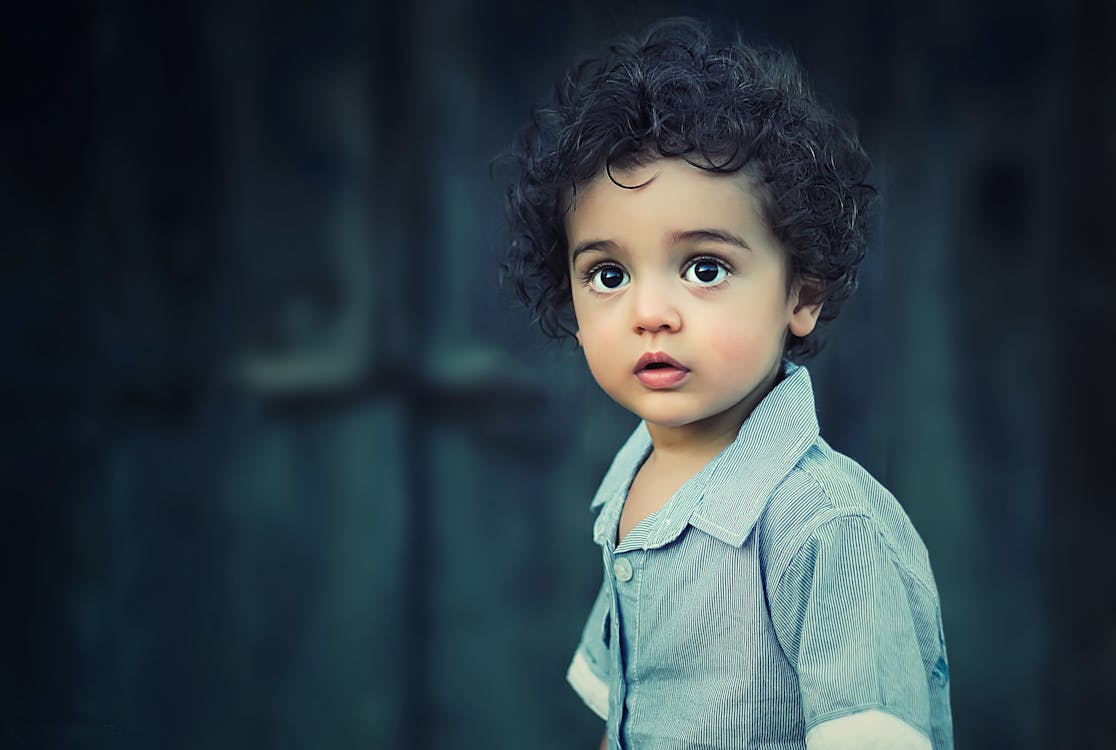Table of contents
- Introduction
- 1. Kids’ Brains Are More Plastic Than Adults’
- 2. They Learn Language at an Astonishing Rate
- 3. Kids’ Brains Are Wired for Empathy
- 4. They Are Natural Scientists
- 5. They Have a Remarkable Capacity for Memory
- 6. Kids’ Brains Are More Energetic Than Adults’
- 7. They Are Naturally Creative
- 8. Their Brains Are More Sensitive to Stress
- 9. They Are Better at Learning New Skills
- 10. Their Brains Develop Through Play
- Conclusion
Introduction
Kids’ brains are fascinating and mysterious, full of untapped potential and extraordinary capabilities. As they grow and develop, their brains undergo incredible transformations that shape who they are and how they interact with the world. From their remarkable capacity for learning to their uncanny ability to adapt, here are 10 amazing facts about kids’ brains that will leave you in awe.
1. Kids’ Brains Are More Plastic Than Adults’
Neuroplasticity refers to the brain’s ability to change and adapt in response to new experiences, and kids’ brains are exceptionally plastic. This means that they can easily form new connections and reorganize existing ones, which is why children can pick up new skills and languages so quickly. This heightened plasticity also allows them to recover from brain injuries more effectively than adults.
2. They Learn Language at an Astonishing Rate

The way children acquire language is nothing short of miraculous. By the time they reach the age of five, most kids can understand and speak their native language with ease. This rapid language acquisition is due to the brain’s sensitivity to linguistic input during the early years. In fact, the first few years of life are considered a critical period for language development, as the brain is especially receptive to learning new sounds and words.
3. Kids’ Brains Are Wired for Empathy
Children are naturally empathetic, and this is largely due to the way their brains are wired. The areas of the brain responsible for processing emotions and understanding others’ feelings, such as the amygdala and prefrontal cortex, are highly active in young kids. This allows them to sense when someone is upset or in need of comfort, even if they don’t fully understand why.
4. They Are Natural Scientists
Kids are curious by nature, constantly exploring and experimenting with the world around them. This curiosity is a reflection of their brain’s natural inclination towards scientific thinking. From an early age, children engage in hypothesis testing—whether it’s dropping objects to see what happens or mixing different substances to observe the results. This innate drive to explore helps them learn about cause and effect, as well as develop problem-solving skills.
5. They Have a Remarkable Capacity for Memory
While kids may struggle to remember where they left their favorite toy, their brains are actually quite impressive when it comes to memory. The hippocampus, a region of the brain associated with memory formation, is highly active in children. This allows them to absorb and retain vast amounts of information, from the names of dinosaurs to the lyrics of their favorite songs. However, their memory systems are still developing, which is why they may forget some things more easily than adults.
6. Kids’ Brains Are More Energetic Than Adults’
It might come as no surprise that kids seem to have boundless energy, but did you know that their brains are also more active than adults’ brains? In fact, a child’s brain uses more glucose—the brain’s primary energy source—than an adult’s brain. This high energy usage is a result of the brain’s rapid development and the constant processing of new information. This is also why children need plenty of sleep and nutritious food to fuel their growing brains.
7. They Are Naturally Creative
Creativity is one of the most amazing aspects of a child’s brain. Young children are not yet constrained by the rigid thinking patterns that often develop in adulthood, which allows them to think outside the box and come up with imaginative solutions to problems. This creativity is often expressed through play, storytelling, and art, where kids can explore their ideas freely without fear of judgment.
8. Their Brains Are More Sensitive to Stress

While children’s brains are incredibly resilient, they are also more sensitive to stress. Prolonged exposure to stress can have a significant impact on a child’s brain development, particularly in areas related to emotion regulation and cognitive function. This is why a supportive and nurturing environment is crucial for healthy brain development, helping to buffer the effects of stress and promote resilience.
9. They Are Better at Learning New Skills
One of the most remarkable aspects of kids’ brains is their ability to learn new skills at an impressive rate. Whether it’s riding a bike, playing a musical instrument, or mastering a new sport, children have a knack for picking up new skills quickly. This is partly due to the plasticity of their brains, which allows them to form new neural connections more easily than adults. Additionally, kids are less afraid of making mistakes, which encourages experimentation and learning.
10. Their Brains Develop Through Play
Play is not just a fun activity for kids; it’s a crucial part of their brain development. Through play, children engage in activities that stimulate their brains, helping to develop cognitive, social, and emotional skills. For example, when kids engage in imaginative play, they practice problem-solving, role-playing, and emotional regulation. Physical play, on the other hand, helps with motor skill development and coordination. Play also encourages social interaction, which is vital for learning how to communicate and collaborate with others.
Conclusion
The brains of children are truly extraordinary, filled with untapped potential and the ability to adapt and grow in ways that continue to astonish researchers and parents alike. From their rapid language acquisition to their natural creativity, kids’ brains are wired to learn, explore, and develop in ways that lay the foundation for their future selves. Understanding these amazing facts about kids’ brains can help us better appreciate the incredible journey of childhood development and the importance of nurturing and supporting young minds as they grow.

